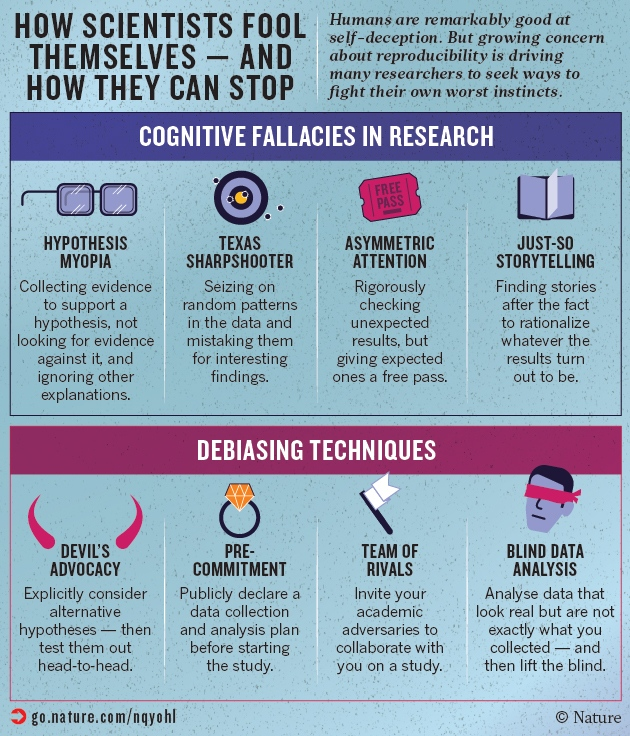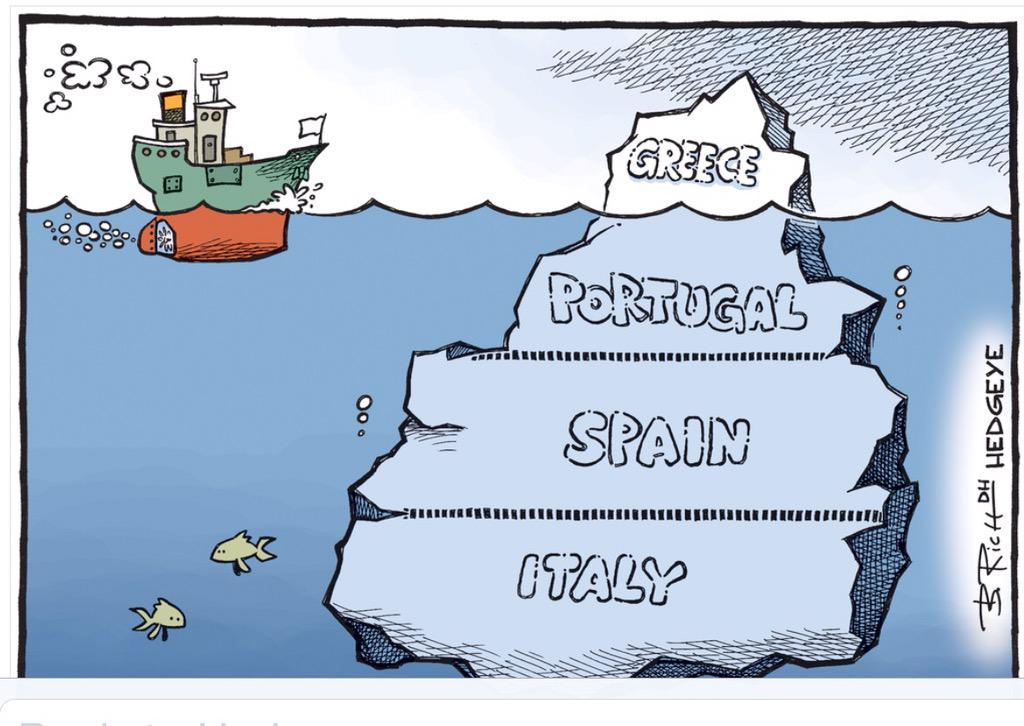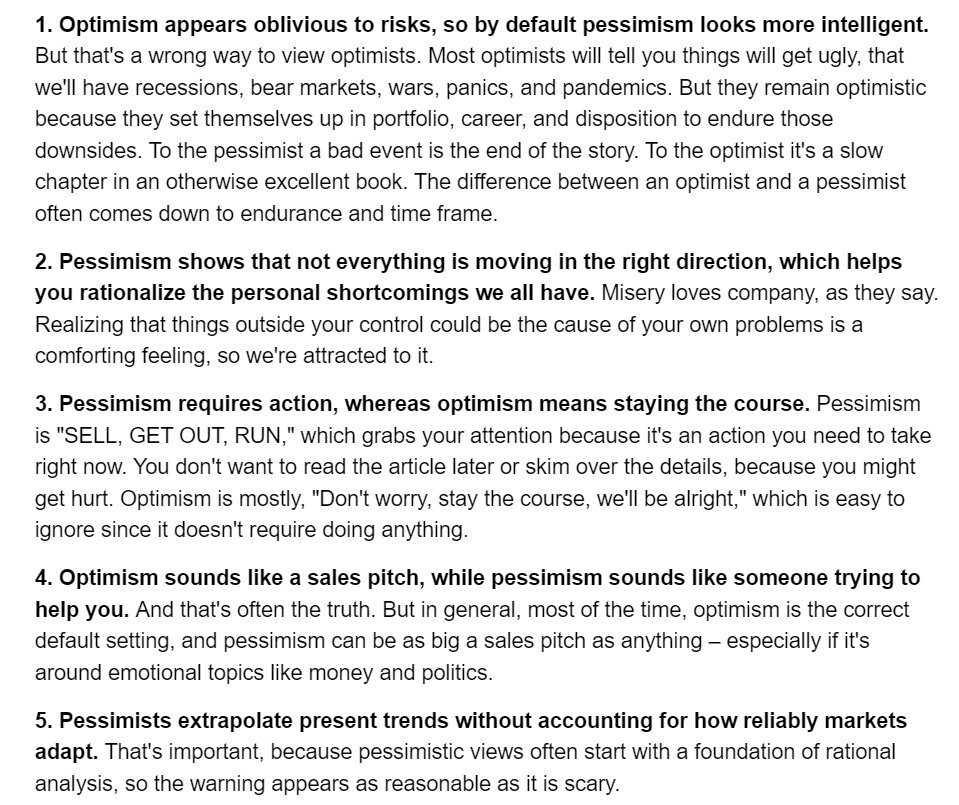Archives of “January 22, 2019” day
rssAd for a Karate School

How Scientists Fool Themselves

Trading Thoughts
InterpretationTo keep experiencing the novelty and freshness of the market, and to keep from being trapped by your preconceptions, it’s important to keep distinguishing between the tape and your interpretations of the tape. View as neutral both the events and your inclination to impose your interpretations on them. You enter the market without expectations, surrendering to it rather than struggling with it for personal gain.Ultimately, you are able to fine-tune your responses ContraryThe master trader trades from a perspective of rationality, knowledge, and skill— not from an emotional or defensive perspective, not in order to feel “complete” or “excited.” To succeed at trading you have to be willing to do things contrary to human nature. You need to hold on to or get bigger in winning trades and get out of losing trades faster |
Greece is Just the Tip Of the Iceberg

Bruce Berkowitz's Basic Checklist For Investing
1.Can you kill the investment? Is there adult supervision at the company?
2. Is the company essential? Does it depend upon the kindness of strangers?
3. What can the company make? Reasonable profitability for owners?
4. How are owners paid? Distributions?
5. Management – honest in past and present?
6. Does accounting reflect reality?
7. Does the balance sheet match up with the income statement?
8. Catalysts – Buybacks? Misunderstood? Is enterprise having a big problem that is fixable? Everyone’s been burned by the stock so afraid to buy it.
9. Are there irrational fears of current headwinds?
10. Does the business have pricing power or unit growth?
11. Can you hold the investment for a long time & does it improve portfolio performance?
Decision-Making and Emotional Arousal
For years, behavioral finance researchers have been aware that people’s decision making is greatly affected by how choices are framed. For instance, the same monetary bet framed as a choice between a certain vs. risky gain and a certain vs. risky loss elicits very different choices. (We tend to take certain gains, but will seek risky losses to avoid certain loss). Studies using functional magnetic resonance imaging (fMRI) find that we expend less cognitive effort in taking a sure gain than in choosing risky gains, sure losses, or risky losses. It may well be that traders don’t let their profits run simply because they take the easy way out cognitively. Conversely, traders may be reluctant to set and follow stops because of the greater cognitive effort required.
It turns out, however, that this taking the easy way out and avoiding difficult decisions may not be a function of laziness. A very interesting investigation coming out of the Institute of Neurology at University College London finds that the framing effect on decision making is mediated by an emotional center within the brain: the amygdala. This is the same brain center that cognitive neuroscientist Joseph LeDoux has linked to our response to stress and trauma.
The implications are significant. When blood flow is directed away from the brain’s executive center, the frontal cortex, and the amygdala and associated emotional centers are activated, we are likely to underutilize those executive functions–reasoning, judgment, planning–and respond to our (emotional) framing of choices with a lack of effort. Going with our feelings might just be the reason we don’t think through our choices. (more…)
Optimism vs. pessimism in markets.

Put no faith in salvation through the political order. ✙ Augustine of Hippo

Now a popular sight seeing spot by Chinese tourists in the U.S., house of Warren Buffet.


